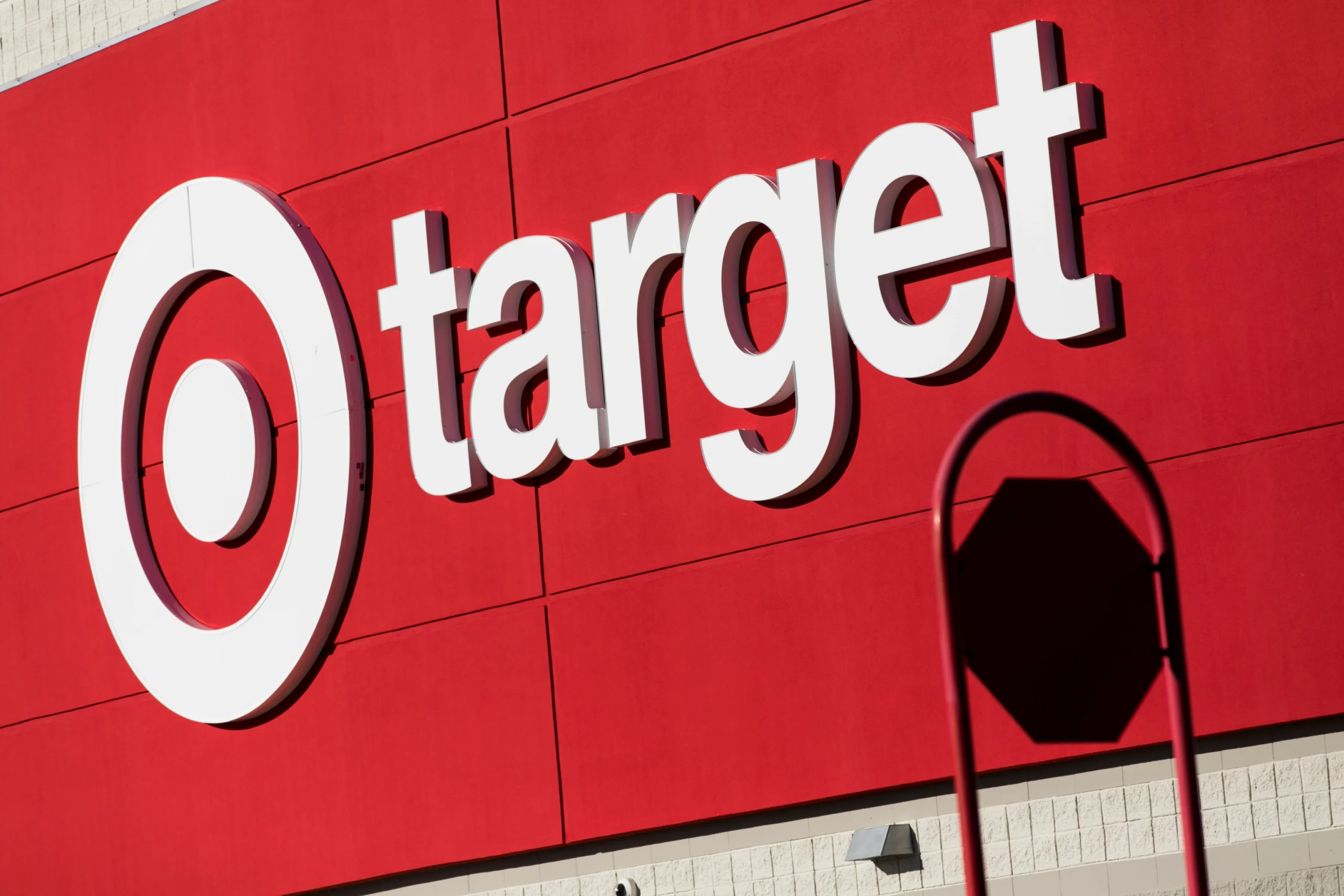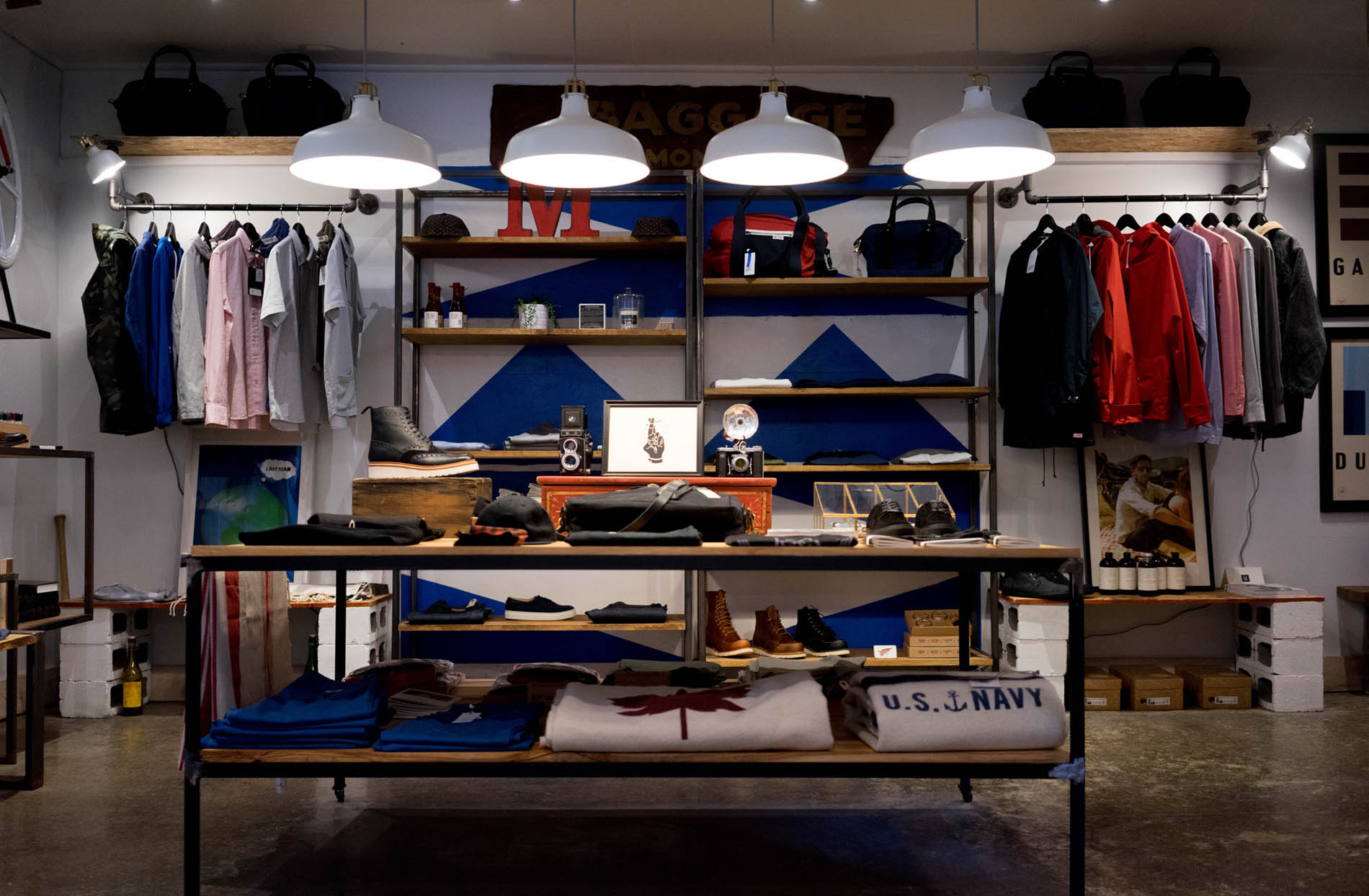In the whirlwind world of product startups, the quest to get your innovative idea off the ground and into the hands of eager customers is a thrilling yet challenging expedition. Often, entrepreneurs find themselves at a crossroads, deciding between the vibrant allure of crowdfunding and the established avenues of direct retail. While crowdfunding has gained fame as a launchpad for many startups, there’s another path that might just be the golden ticket for some product creators—heading straight to retailers.
This blog post aims to shed light on this alternative strategy, offering insights into why bypassing crowdfunding and choosing direct retail can be a smart move for product startups. We’ll explore everything from cost-effectiveness to higher sales potential, providing a comprehensive guide to help you make an informed decision.
The Promise of Crowdfunding
Crowdfunding platforms like Kickstarter and Indiegogo have revolutionized the way startups raise capital. They offer an exciting opportunity to showcase your product to a global audience, secure early funding, and validate your market potential. Numerous success stories illustrate how startups have gained momentum, with backers rallying around a shared vision.
Success stories abound, like the Pebble smartwatch, which raised over $10 million, or the Coolest Cooler, which amassed more than $13 million. These tales of triumph fuel the dream of crowdfunding success—garnering attention, funds, and a loyal community.
However, for every success, there are countless campaigns that don’t reach their goals. The potential for market validation is significant, but it’s essential to approach crowdfunding with a clear understanding of its challenges.
The Reality Check Challenges of Crowdfunding
Crowdfunding may seem like a straightforward path to success, but it comes with its own set of hurdles. High platform fees can eat into your budget, leaving you with less capital than anticipated. Furthermore, fulfillment complexities can be daunting, especially if your campaign exceeds expectations, leading to production and delivery delays.
Another challenge is managing backer expectations. Crowdfunding timelines can be unpredictable, and delays are not uncommon. This can lead to dissatisfied backers and negative reviews, tarnishing your brand’s reputation before it even hits the market.
While it’s a viable option for some, it’s crucial to weigh the potential obstacles alongside the rewards. Understanding these challenges can help you make an informed decision about whether crowdfunding aligns with your startup’s goals.
Direct to Retail An Alternative Path
For startups seeking a different approach, selling directly to retailers presents an enticing alternative. By taking this route, you bypass the uncertainties of crowdfunding and tap into a ready-made distribution network. Retailers offer access to a broad audience, allowing your product to reach customers faster.
The potential for higher margins is another compelling reason to consider direct retail. With fewer middlemen involved, you retain a more significant share of the profits. Additionally, establishing relationships with retailers can lead to long-term partnerships, ensuring a steady stream of sales.
Direct retail not only provides quicker access to customers but also offers the stability and predictability that crowdfunding lacks. By leveraging established retail channels, you can focus on growing your brand and reaching more consumers.
Five Reasons Why Direct Retail May Make Sense
Cost-Effectiveness
One of the primary advantages of direct retail is cost-effectiveness. Crowdfunding platforms charge fees that can significantly impact your budget. In contrast, selling to retailers often involves negotiated terms that can lead to better profit margins. Retail partnerships allow you to allocate resources more efficiently, ultimately benefiting your bottom line.
Reduced Time to Market
Crowdfunding campaigns often require extensive planning and preparation, delaying your product’s entry into the market. By going direct to retail, you can expedite the process and get your product on shelves sooner. This can be especially advantageous for products with a limited market window or those poised to capitalize on current trends.
Reduced Financial Risks
While crowdfunding carries the risk of falling short of your funding goal, direct retail offers a more predictable revenue stream. By partnering with retailers, you secure purchase orders and reduce the financial uncertainty associated with crowdfunding campaigns. This stability allows you to focus on scaling your business without constantly chasing funding.
Potential for Higher Sales Volumes
Retailers have the infrastructure and customer base to drive substantial sales volumes. By leveraging their reach, your product can achieve higher exposure and sales figures than it might through a crowdfunding campaign alone. This increased visibility can lead to greater brand recognition and customer loyalty.
Customer Acquisition Benefits
Retailers provide an established platform for reaching new customers. By placing your product in their stores, you tap into a network of consumers who trust and rely on these retailers for their purchasing decisions. This exposure can be invaluable in building a customer base and establishing your brand in the market.
The Hybrid Approach A Compromise for Some
While direct retail offers many advantages, some startups may still find value in a hybrid approach. By combining crowdfunding with direct retail, you can leverage the strengths of both strategies. Crowdfunding can serve as a marketing tool, generating buzz and validating your concept, while direct retail provides stability and scalability.
The hybrid approach allows you to engage with your audience early on, building a community of supporters while establishing retail partnerships. This synergy can lead to a more robust product launch strategy, maximizing your chances of success.
Ultimately, every startup is unique, and the best approach will depend on your specific goals and circumstances.
Conclusion
In the fast-paced world of product startups, choosing the right launch strategy is crucial. While crowdfunding has its appeal, direct retail offers a viable alternative for those seeking stability, cost-effectiveness, and higher sales potential. By carefully considering the pros and cons of each approach, you can chart a course that aligns with your startup’s vision and goals.
We encourage you to share your thoughts and experiences in the comments section. Your insights and perspectives can provide valuable guidance to fellow startups navigating the exciting world of product launches.
Have you considered launching your product brand in retail? If so, our team at Retailbound can help. Since 2008, we have helped countless product brands launch and grow in the retail space. Contact us today to get more information.
About the Author
Yohan Jacob is the President and Founder of Retailbound. Retailbound is a comprehensive retail channel management consultancy that helps brands launch and scale their products in over 150+ retailers in both the US and Canada. Specializing in bridging the gap between product creators and retailers, Retailbound offers a range of services from retail strategy development, buyer engagement, sales management and channel marketing support. Whether the client is a startup or an established brand, Retailbound provides expert guidance to increase their retail presence, navigate buyer relationships, and drive sales growth both in-store and online.



